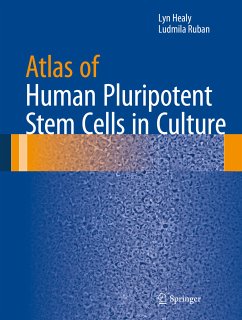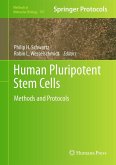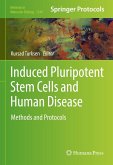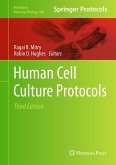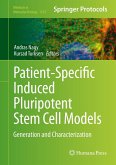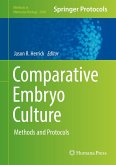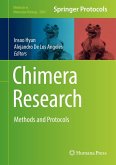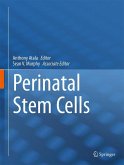This lavishly-illustrated, authoritative atlas explores the intricate art of culturing human pluripotent stem cells. Twelve chapters - containing more than 280 color illustrations - cover a variety of topics in pluripotent stem cell culturing including mouse and human fibroblasts, human embryonic stem cells and induced pluripotent stem cells, characteristic staining patterns, and abnormal cultures, among others. Atlas of Human Pluripotent Stem Cells in Culture is a comprehensive collection of illustrated techniques complemented by informative and educational captions examining what good quality cells look like and how they behave in various environments. Examples of perfect cultures are compared side-by-side to less-than-perfect and unacceptable examples of human embryonic and induced pluripotent stem cell colonies. This detailed and thorough atlas is an invaluable resource for researchers, teachers, and students who are interested in or working with stem cell culturing.
Dieser Download kann aus rechtlichen Gründen nur mit Rechnungsadresse in A, B, BG, CY, CZ, D, DK, EW, E, FIN, F, GR, HR, H, IRL, I, LT, L, LR, M, NL, PL, P, R, S, SLO, SK ausgeliefert werden.

